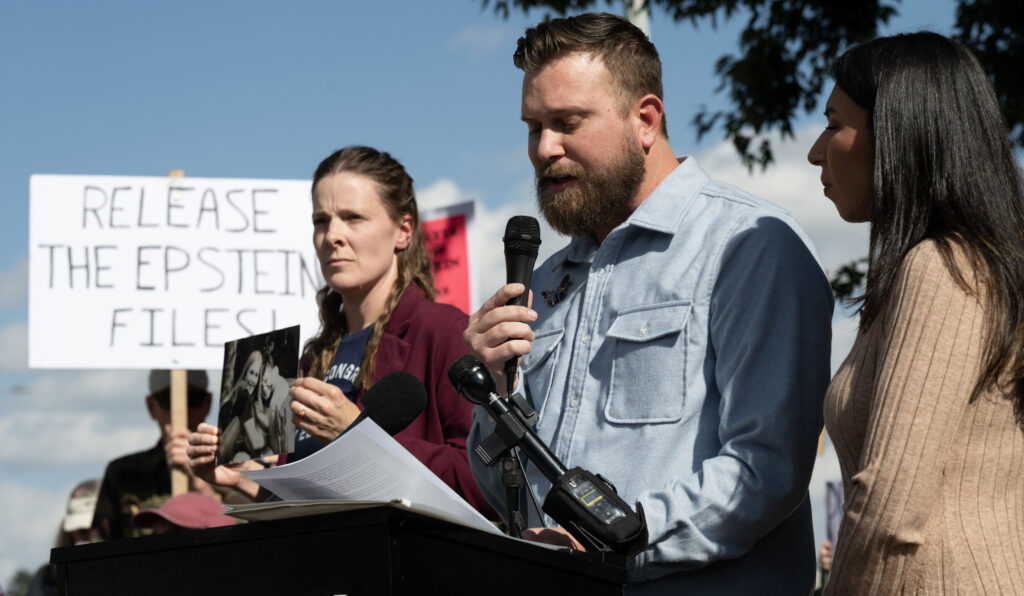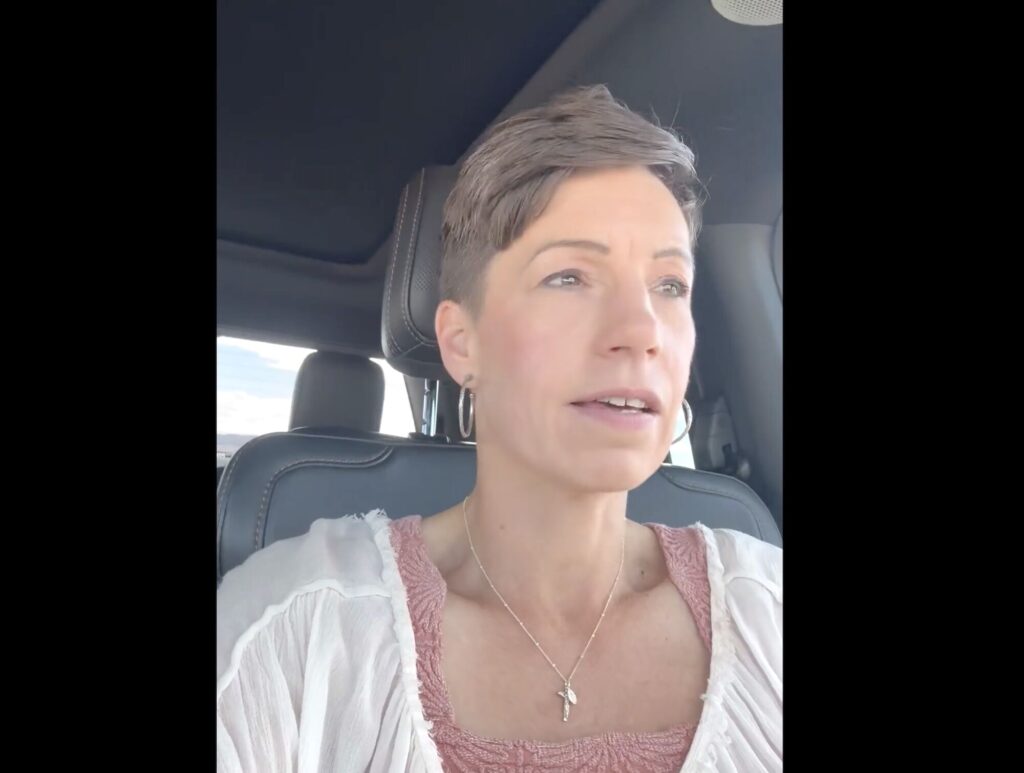Colorado School finance moves forward amid amendments, continued pushback
The effort to develop a new school finance funding formula took a big step forward Tuesday, and it won House approval Wednesday.
But Tuesday’s debate and Wednesday’s final vote for House Bill 1448 came with a fair amount of opposition from progressive House Democrats who are pushing back on behalf of teachers, school districts, and a long list of education professionals.
The 54 to 10 vote included eight “no” votes from Democrats representing some of the school districts most opposed to the bill.
HB 1448 starts with the base per-pupil funding, excluding high school students and online enrollment. Then, it adds in at-risk funding, money for English language learners, and special education. The cost-of-living factor would be applied after that, along with a locale factor, a district size factor, and then “extended” high school and online funding. The cost is estimated at around $500 million more, spread out over six years.
This website shows what the first year (2025-26) under the new formula would look like and how much funding each district would receive.
Amendments to HB 1448 created a funding floor of 0.5% over the next six years, which would apply primarily to the state’s largest school districts. Rural districts would see increases of 3% to 5%.
Amendments adopted Tuesday resulted in several school districts and the Colorado Education Association moving from opposed to monitoring to a neutral position. That includes Douglas County and Adams 12 school districts. But Jefferson County moved from an amend position to opposing the bill after Tuesday’s debate.
Among the most significant changes Tuesday was an amendment to pause the six-year phase-in of funding in case the state cannot afford the increased funding. The bill taps the state education fund for most of those increases.
Provisions that caused heartburn for Democrats included language on charter school capital construction financing. The bill allows charter schools to obtain money from the public-school capital construction assistance fund at $65.5 million over several years.
Rep. Tim Hernandez, D-Denver, made an amendment on Tuesday to strike that. He said, “We would take away from our crumbling public schools” and give money to charter schools. The amendment failed on a very close division (standing) vote.
“I’m a teacher first and a lawmaker second,” said Rep. Eliza Hamrick, D-Centennial, on Tuesday. She said her concerns with the bill are shared with teachers who worry about the trend toward privatization of public education. “Everything we do here has ripples into the classroom.” She urged her colleagues to talk to their school districts, education board members and teachers.
Education is underfunded, said Rep. Tammy Story, D-Evergreen. Schools lost $10 billion over the last decade, and Jeffco, her district, lost $1 billion. While the budget stabilization factor will be eliminated, public education will be funded at 1989 levels, near the bottom of all states for funding. She said, in opposing the bill, that base funding must be increased to address all public schools.
Even those who hesitated on the bill voted to keep it going Wednesday. Rep. Junie Joseph, D-Boulder, said she would vote for it to keep the work moving forward despite the Boulder Valley School District’s position. She said the district is moving to a neutral position; they are currently listed as opposed. Hernandez voted for it; Hamrick and Story did not.
The bill now moves on to the state Senate.











